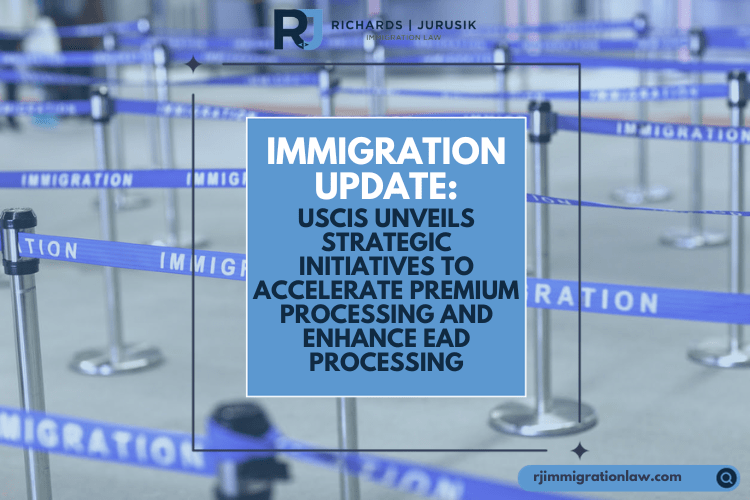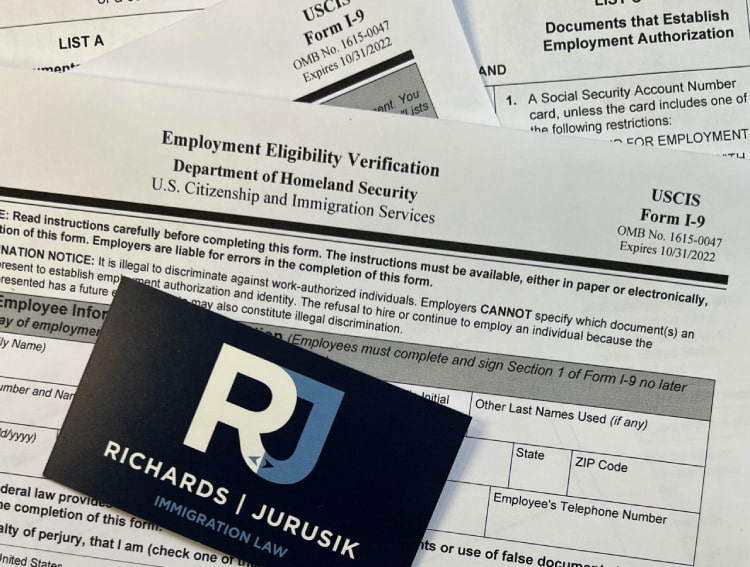The Violence Against Women Act (VAWA) offers immigration benefits to individuals suffering from abuse, providing them a route to seek safety and legal status in the United States independently of their abuser. This article covers some of the most common questions VAWA petitioners have.
Q1: Detailed Steps After a Form I-360 Denial
Answer: If USCIS denies your Form I-360, it’s critical to act swiftly. The denial letter will detail the reasons for the denial and instructions for appeal. You must file a Notice of Appeal (Form I-290B) at the Vermont Service Center within 33 days from the denial receipt date. Include the required fee unless you qualify for a fee waiver. After processing, your appeal will be reviewed by the Administrative Appeals Office (AAO) in Washington, D.C. This stage may take several months, so patience and perhaps consultation with an attorney could be crucial.
Q2: Eligibility of Men Under VAWA
Answer: VAWA protects all victims of abuse, including men, equally. Male victims of domestic violence often hesitate to seek help due to societal stigmas. Still, VAWA provides a confidential and secure means of petitioning for lawful status, independent of the abuser’s gender or the victim’s.
Q3: Marital Status and Filing a VAWA Claim
Answer: You do not need to remain legally married to your abuser to file for relief under VAWA. The law recognizes that maintaining ties to an abuser can be harmful. Essential conditions that allow you to file after dissolution of marriage include:
- Marriage dissolution due to the abusive spouse’s bigamy.
- Death of the abusive spouse within two years before filing.
- Loss or renunciation of the abuser’s U.S. citizenship or lawful resident status following an incident of domestic violence.
- Divorce related to abuse within two years before the petition.
Q4: Filing for Relief After Divorce
Answer: Divorced individuals can still seek protection under VAWA. If your divorce was finalized within two years before your Form I-360 filing and can be linked to abuse, you qualify to file. This link does not require that the divorce decree explicitly mention abuse but should connect logically to the abuse suffered. If you cannot establish this connection but meet other criteria, consider applying for cancellation of removal, which also requires proving that deportation would cause extreme hardship to you or your children.
Q5: Transferring Priority Dates from Abusive Family Members’ Petitions
Answer: If an abusive U.S. citizen or permanent resident family member previously filed a Form I-130 on your behalf, you might transfer that petition’s priority date to your Form I-360. This could result in a shorter waiting period for permanent residency (Green Card). Detailed guidance on this process can typically be found through USCIS or an immigration lawyer.
Q6: Additional Resources and Support
Answer: Beyond legal remedies, support is available from various sources:
- USCIS offers a list of non-profit organizations through its field offices.
- The National Domestic Violence Hotline provides immediate support and resources at 1-800-799-7233 or 1-800-787-3224 [TDD].
- Local shelters and legal aid services can offer immediate safety and ongoing support.
Conclusion
Understanding the provisions and protections under VAWA can empower you to navigate the path toward safety and legal security. While this guide aims to clarify the process, each case’s complexities might require personalized legal advice.
Subscribe to Our Resources Blog
Schedule a Consultation with an Immigration Lawyer







